Between the payback presidential visits, the signs, and the advertising campaigns, one quickly gets the message that it takes more than a little hurricane to get New Jersey down. And on the first weekend of June, the casual over-flyer could have certainly almost missed the few remaining stick piles, bisected dwellings, or that odd house floated from its foundation and gently deposited nearby, its angle to the neighbor being the only telltale that anything was amiss.
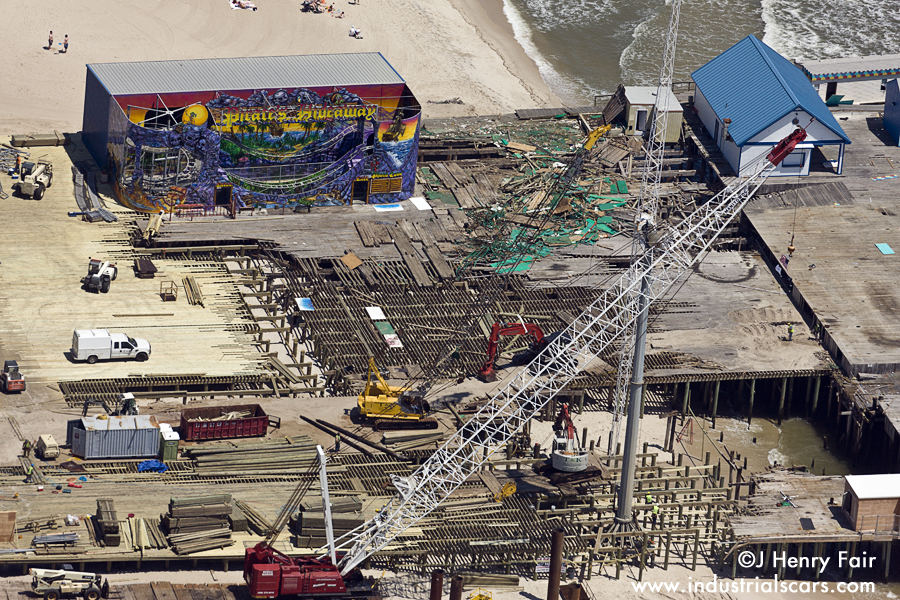
Between the nude sunbathers at Sandy Hook and the madding crowds at Asbury Park drinking their carbonated sugar (or saccharine, or aspartame) beverages, eating their factory-farm frankfurters, and losing their rubber ducks in the surf for any surviving ocean fauna to ingest, the shore was open for business, and a good business it was.
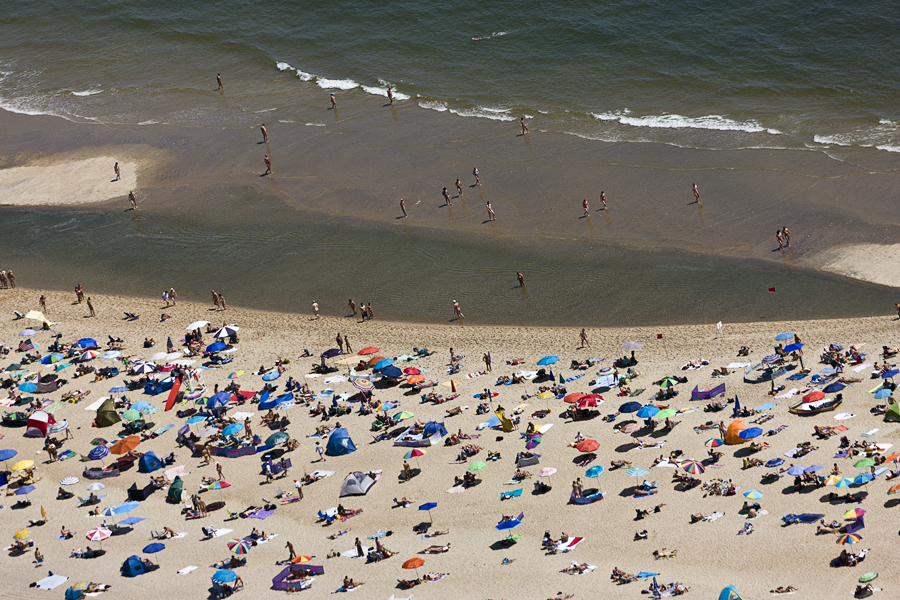
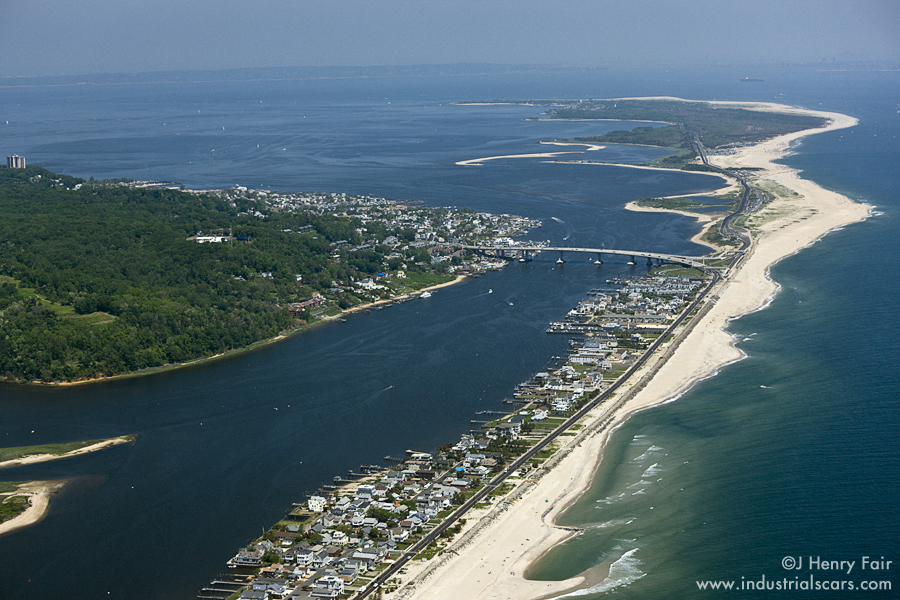
One must doff the cap to the incredible rebuilding effort accomplished there, as one must to the owners of the stately dwellings, there being a high percentage of wealth accumulated on the Shore. And on the first weekend of summer, hot, clear, and perfect, the bird's-eye view gives no indication that there was even a problem, with crowds enjoying the sun and surf, and the beachfront properties looking trim and freshly painted.
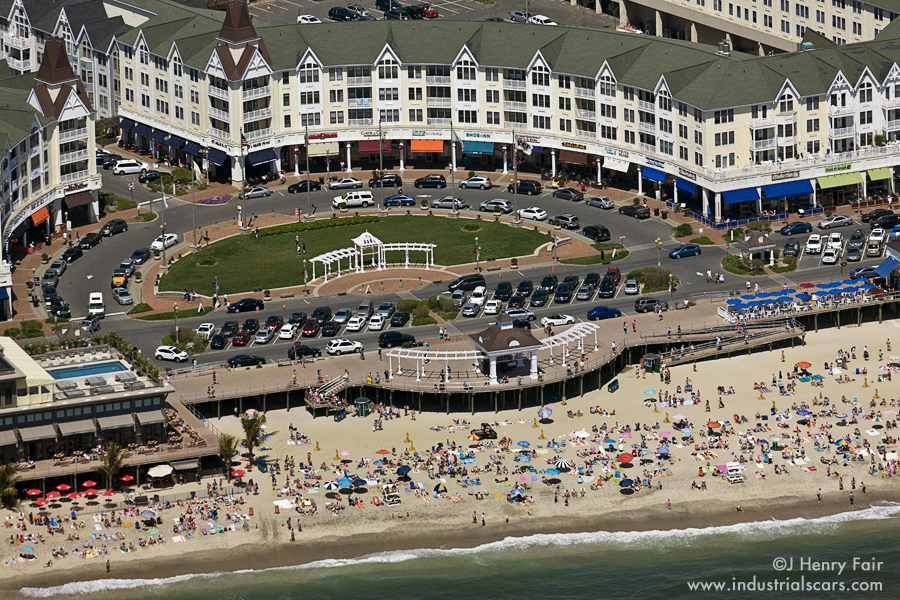
But the bold display of rejuvenation shines a bright light on the lessons not learned from mistakes made, and the eye in the sky might wonder about the cost to the taxpayer of this rapid and pugnacious reconstruction through federally funded flood insurance, a transfer of wealth and subsidy to those that need it the least. Soon, another -- bigger -- storm will sweep in and undo these works of man, and they will despair again.
Will we then realize that building right on the beach and insuring the neighborhood with tax dollars is not a smart gamble on the future?
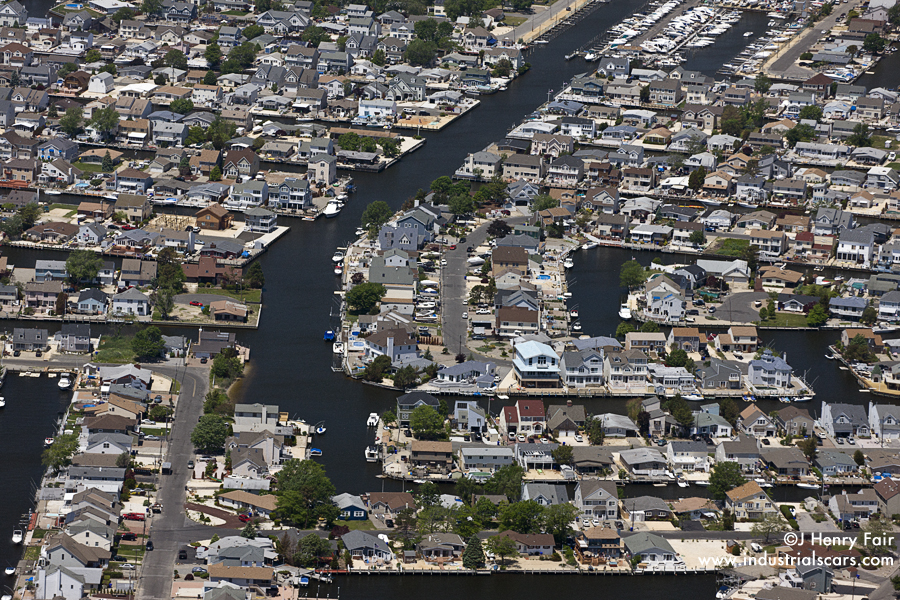
Meanwhile, on the back side of the beach lies New York Harbor, where a giant "Red Tide" is blooming, leading to a potential massive fishkill and health impact to anyone near the water, but goes unnoticed by the media, focused as they are on what stars might appear on the recently renovated boardwalk. "Red Tide" is massive algal growth caused by excess waterborne nutrients which come principally from two sources: waste and fertilizer runoff. The life cycle of the algae depletes the water of oxygen, suffocating any aquatic fauna, and the algae are absorbed by mollusks, rendering them poisonous to people. Depending on the type of algae, the water and seashore air can also become toxic to humans. Red Tide is yet one more manifestation of a system approaching dysfunction, and, like the hurricane, the symptom does its own damage.
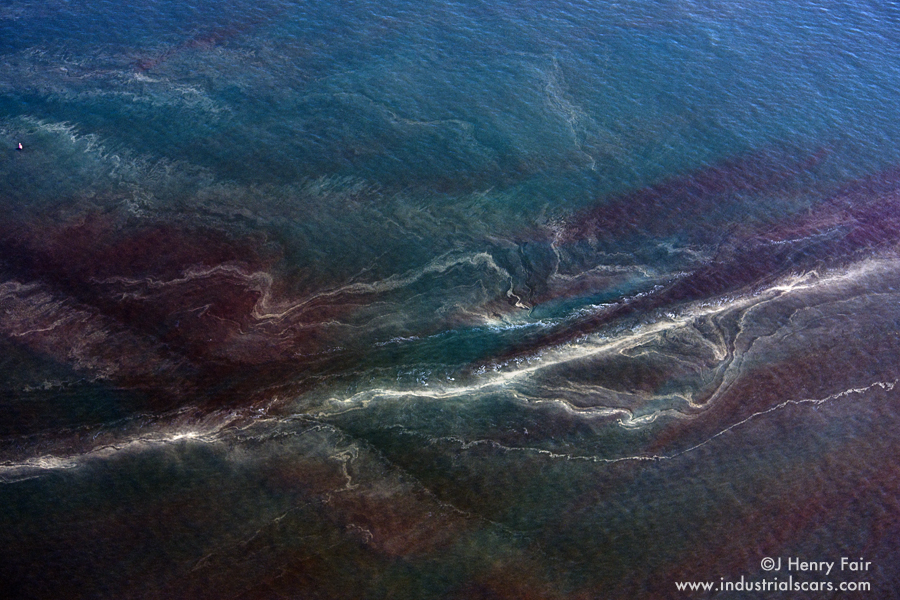
But business is business, so the container ships chug back to China to get another load of rubber ducks while the petroleum freighters pass them, bringing loads to fill the innumerable giant tanks that hold black blood on which we depend to get to the beach, all the while pushing the weather system closer to chaos and more storm activity.
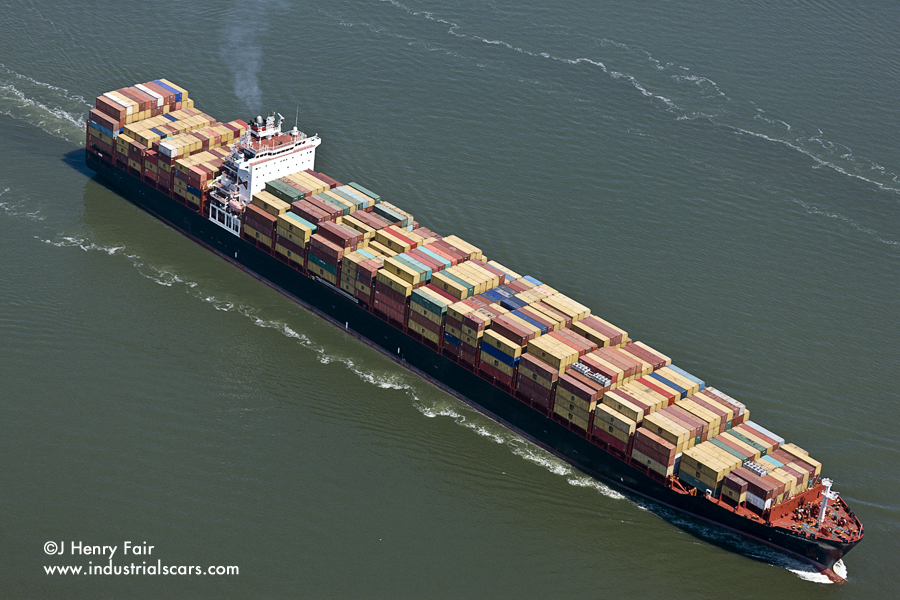
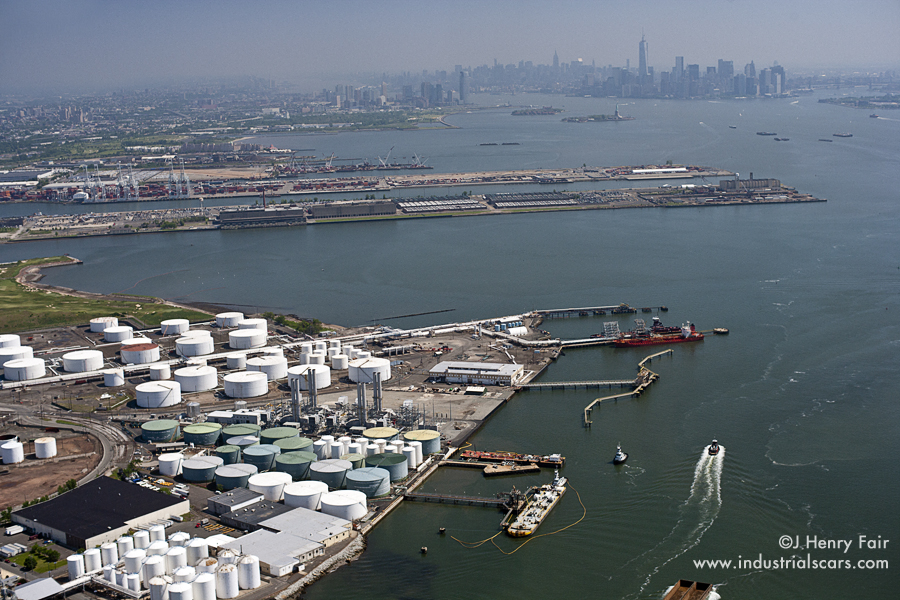

Estimates put the total costs of Hurricane Sandy as high as $50 billion dollars. The total cost of damages in New Jersey is unknown, but a quick look at the shore indicates much was spent in the last months to ready for the summer season. It is certain that unemployed trades people are happy to see this work, regardless of the source. Ironically, Sandy is arguably responsible for the economic upturn in the Northeast in the last six months. Similarly, the recent catastrophic tornadoes in Oklahoma will ultimately reduce unemployment in that state.
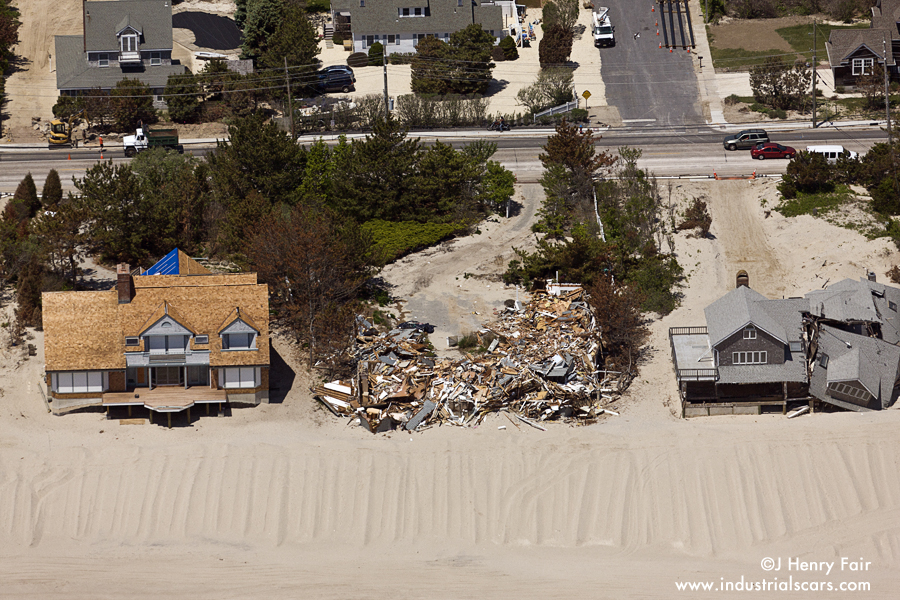
Will our economy become dependent on climate change catastrophes for continued growth?
